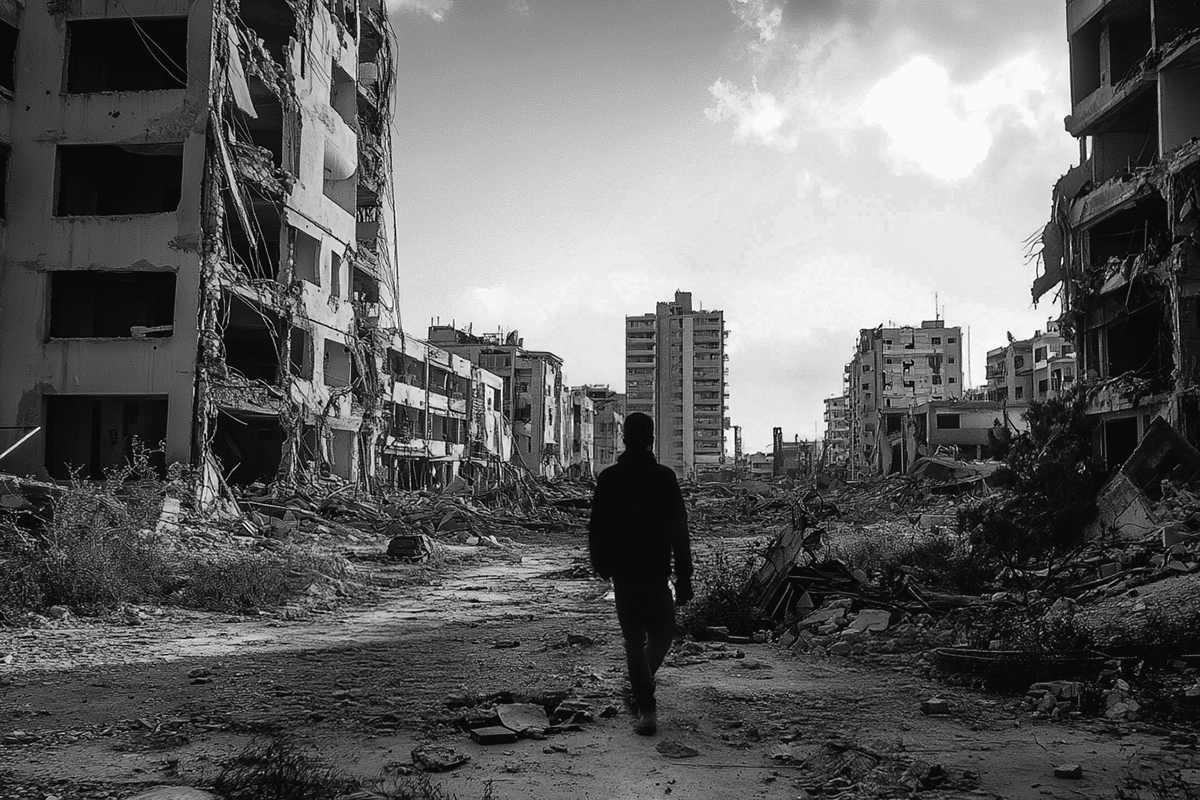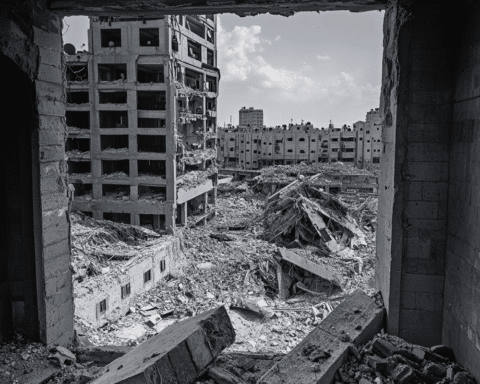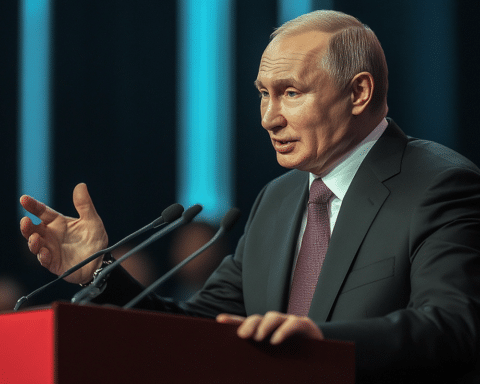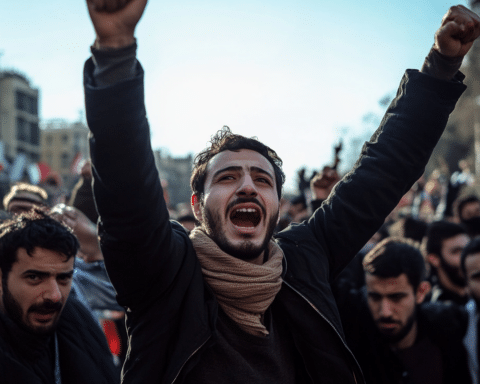Lebanon, battered by a year-long war between Israel and Hezbollah, finds itself at a crossroads following a U.S.-brokered ceasefire that brought an end to the violence. While the sound of celebratory gunfire has replaced the relentless hum of airstrikes and drones, the nation is left grappling with immense destruction, economic despair, and political paralysis.
The ceasefire, rooted in United Nations Security Council Resolution 1701, has brought temporary relief to a country already reeling from compounded crises. However, as thousands of displaced families return to devastated towns and villages in southern and eastern Lebanon, the daunting task of rebuilding is raising urgent questions. The destruction spans from border villages leveled to the ground to severely damaged neighborhoods in Beirut. The World Bank estimates the financial toll of the war at $8.5 billion, adding to Lebanon’s already dire economic situation.
The ceasefire deal outlines a 60-day timeline during which Israeli forces and Hezbollah fighters are to withdraw from southern Lebanon, and the Lebanese army is to take their place. The army’s mission includes dismantling Hezbollah’s military infrastructure and preventing its reestablishment in the area. This represents a significant challenge, as Hezbollah remains a powerful force, and the army has historically avoided confrontation with the group.
The Lebanese military, supported by U.S. and Western funding, is a rare symbol of unity in the country’s deeply divided sectarian political system. Yet, it faces an uphill battle. The army has struggled under Lebanon’s prolonged financial crisis, with soldiers often forced to take on second jobs to make ends meet. Despite plans to deploy an additional 10,000 troops south of the Litani River, the lack of resources makes this target nearly unattainable without significant international financial support.
International donors pledged $1 billion during a recent conference in Paris, including $800 million for humanitarian aid and $200 million for the Lebanese military. However, none of these funds have yet materialized. Aid organizations warn that the worst is yet to come for civilians, particularly as winter approaches, with widespread destruction leaving many without shelter or basic services. Mercy Corps reports a 6.4% contraction in Lebanon’s GDP—$1.15 billion—in the final months of the conflict alone.
Political divisions within Lebanon have further complicated the ceasefire’s implementation. The war exacerbated existing tensions over Hezbollah’s role in the country. Critics argue that the group’s actions undermine state sovereignty and accuse it of dragging Lebanon into unnecessary conflict by unilaterally attacking Israel in solidarity with Hamas during the war in Gaza. Even some of Hezbollah’s traditional allies have expressed frustration, calling for the group to align its actions with national interests.
Lebanon’s political gridlock, including a two-year vacancy in the presidency, has left the country unable to address its growing list of crises effectively. Negotiations to elect a new president in January are seen as a crucial step toward stability, but whether this will ease tensions remains uncertain.
As the international community monitors the ceasefire, experts warn that Lebanon remains vulnerable to future conflict. Critics of the agreement point to the uneven pressure placed on Lebanon and Hezbollah, which could give Israel greater leeway to launch further military actions if it perceives noncompliance. Meanwhile, Hezbollah has signaled its intent to retain its role as a defender against Israeli aggression, complicating efforts to disarm the group and ensure lasting peace.
With Gulf nations hesitant to fund reconstruction and Iran constrained by its own financial troubles, Lebanon’s path forward remains murky. The country faces a monumental challenge in rebuilding its infrastructure, addressing political divisions, and securing economic relief. Without swift and decisive international support, Lebanon risks sliding deeper into instability, jeopardizing the fragile ceasefire and the future of its people.





